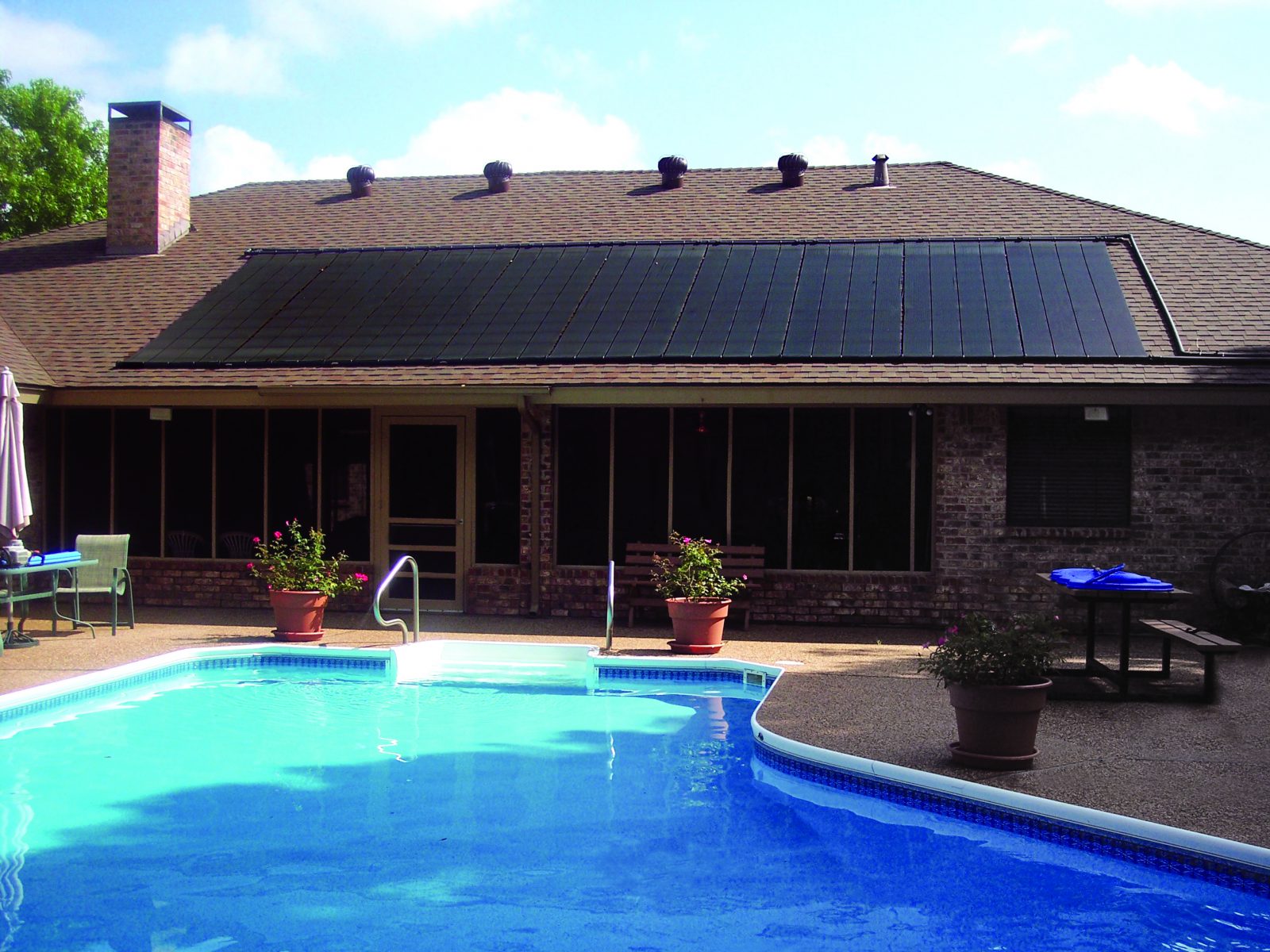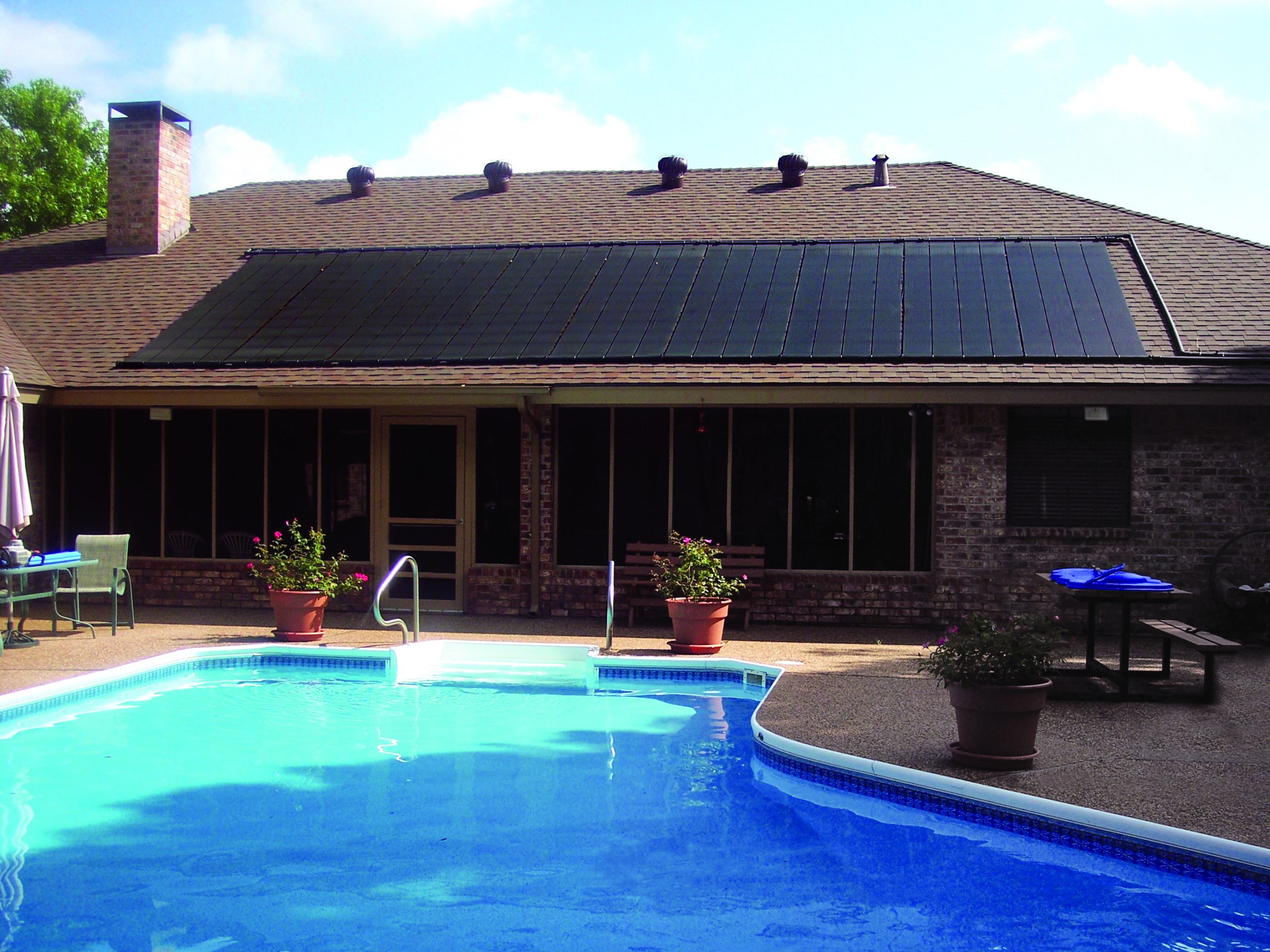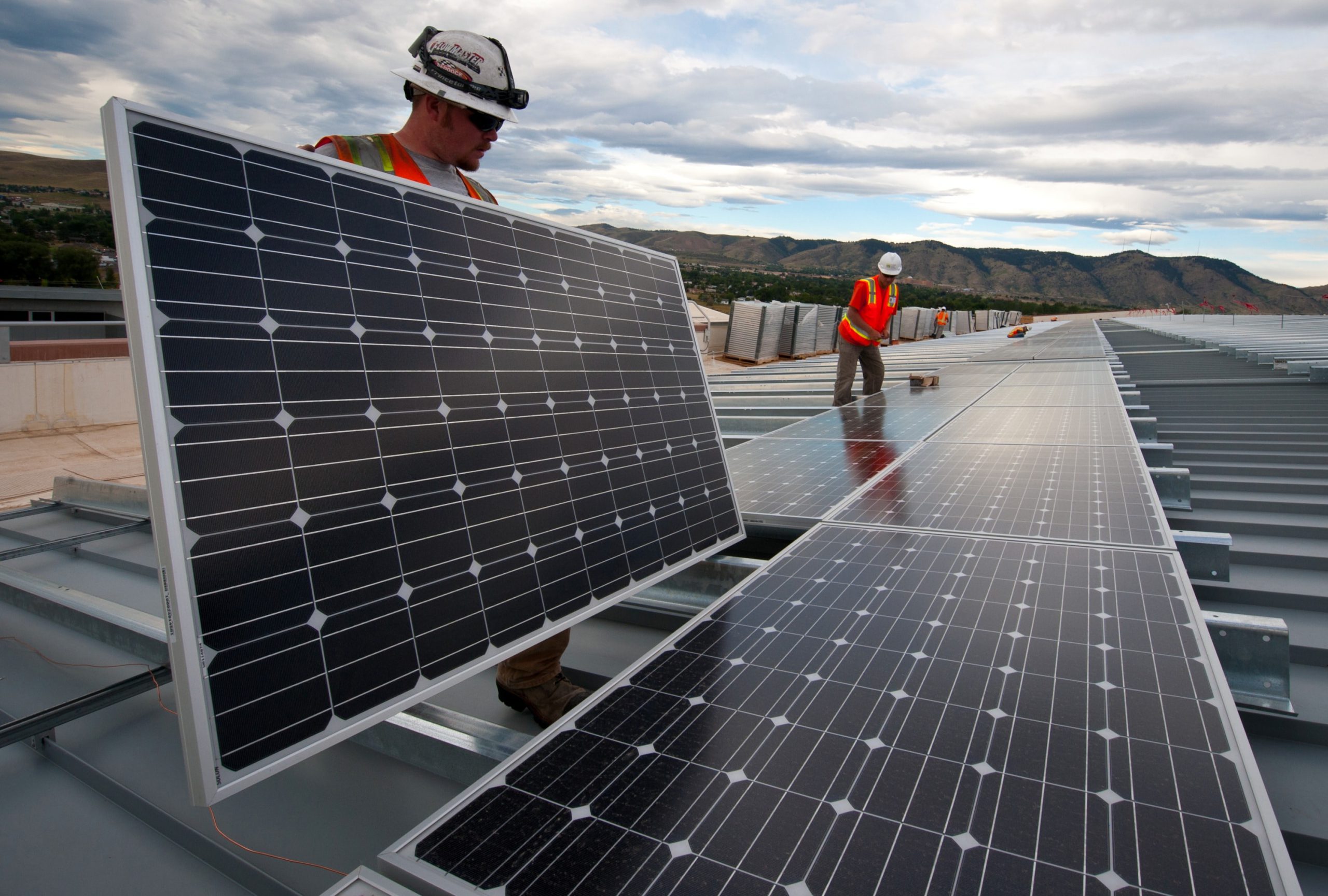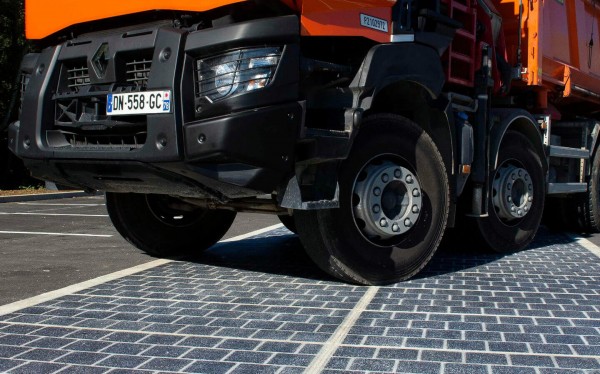What Is Decarbonization?
Over the past few years, there’s been a lot of talk about moving towards decarbonization to have a better impact on our environment and world for generations to come. Decarbonization refers to the deliberate reduction of carbon dioxide emissions through economic change. Governments and organizations working towards decarbonization enact regulations that phase out fossil fuels and encourage a shift towards renewable energy, such as solar power.
We’ve seen major changes in the solar industry with the largest rise in residential installations ever, with more installations happening in the past five years than there were in the previous three decades. Commercial buildings, major corporations and even utility providers are making the shift toward renewable energy, as these new regulations are beginning to impact all types of construction and building standards, including pool installation.
How Decarbonization Affects Pool Heating

This trend has been spreading in states like Washington, Florida, Massachusetts and more. More than 45 cities and municipalities have already enacted building decarbonization codes for new residential and/or commercial low-rise buildings, with the number of areas enforcing similar codes growing every month.
California is leading a major shift as it focuses on decarbonization and energy efficiency which will require major changes to the way pools are heated and how pool heating is sold. Up to this point, most pools in California have been heated by natural gas. New decarbonization ordinances being put in place by local governments will eliminate this option for pool heating.
California has not passed laws banning gas heaters or gas lines, but many local municipalities have been encouraged to pass “Reach Codes,” placing limitations on new gas lines. While these codes will not impact homeowners with existing gas lines, they will have an impact on all new construction homes and pools. This means builders and homeowners alike need to consider alternatives to gas for heating their pools, namely electric heat pumps and solar pool heaters.
Gas Vs. Electric
Gas heaters are often preferred over electric heat pumps due to their shorter heating time and the generally lower cost of natural gas vs. electric. One of the reasons that gas heaters perform so well is that they are not affected by external air temperature or humidity, while an electric heat pump captures heat energy from the air and transfers it to the water. This means the warmer the air, the better a heat pump performs, and vice versa.
Heating costs can add up quickly, depending on electricity rates in various areas of the country. Unexpectedly high electricity costs can also come as quite a shock when customers receive their electricity bill especially if they’re used to the lower costs of gas heating. The time required to heat coupled with the cost of electricity generally makes using a gas heater the better option when comparing them to a heat pump pool heater.
But what happens when you can’t have a gas heater and you don’t want to pay the high electric prices that come with a heat pump? That’s where solar pool heating comes in.
The Solar Solution
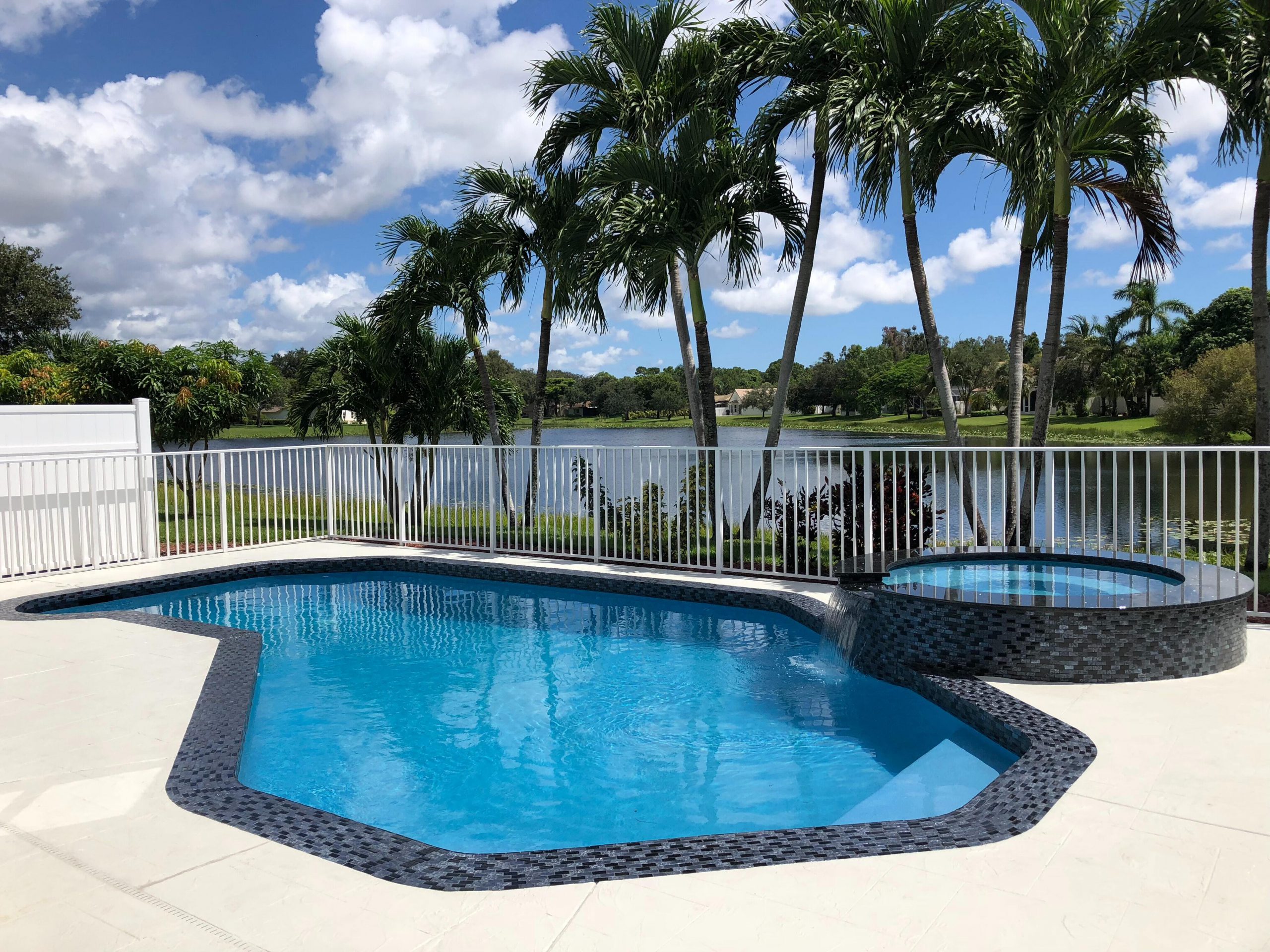
The effectiveness of solar pool heating is reliant on the sun and climate conditions so performance from day to day may vary. However, like heat pump pool heaters, solar pool heating is “maintenance heating” and works to maintain the pool’s temperature over time, so differences in performance even out in the long run. Using a pool cover at night or when the pool isn’t being used helps reduce heat loss and maintain pool temperatures longer.
The upfront installation cost is typically higher than the cost of installation of a heat pump or gas heater, running around $6,500 compared to $4,800 for an electric heat pump system. A solar installer must tie the system into your existing equipment, extend PVC plumbing to the collectors on the roof, and install temperature sensors, actuator valves and a heating control system. However, solar pool heating systems have no operating costs or moving parts, while gas and electric heat pump pool heaters have constant operating and maintenance costs.
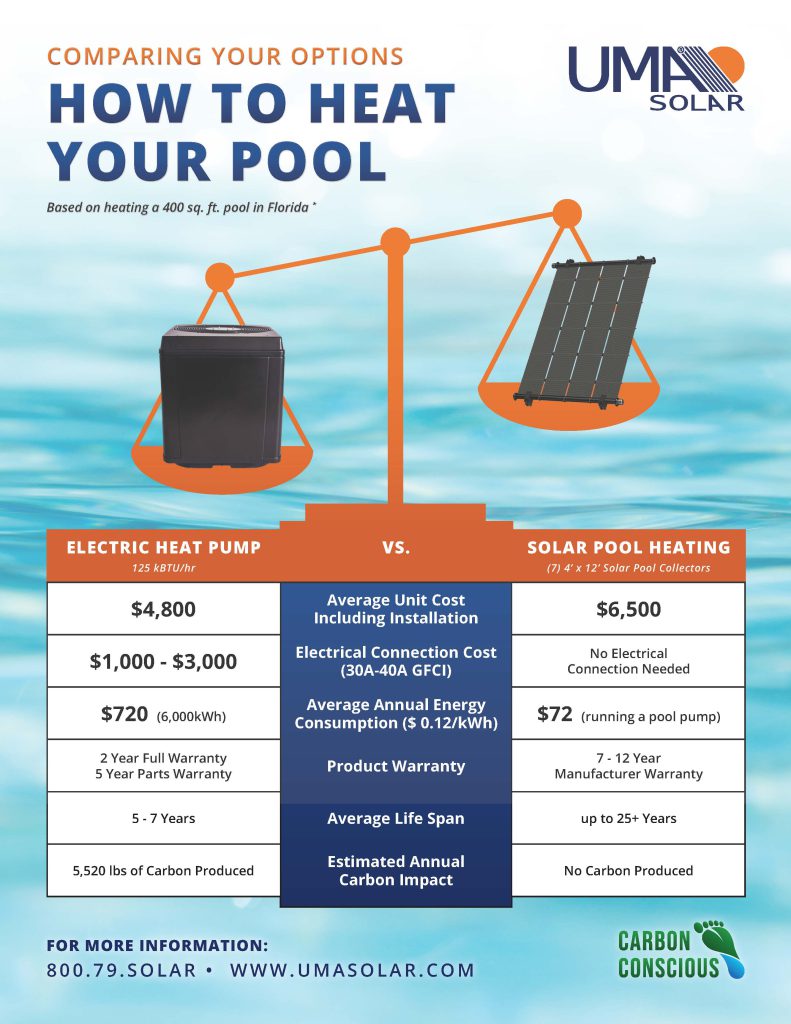
For a more detailed comparison between electric heat pumps and solar pool heating, check out our How To Heat Your Pool Guide.
Getting Started With Solar
While solar pool heating is always a great solution, the best time to implement it is at the time of your pool’s construction. This allows installation of the heating system to occur simultaneously with the plumbing and will cut the cost of connecting the pool equipment to gas or electric heaters in the first place. Keeping all this in mind, solar pool heating is the most energy-efficient, cost-effective solution while also adding no additional production of greenhouse gases, making it an excellent choice in the era of decarbonization.
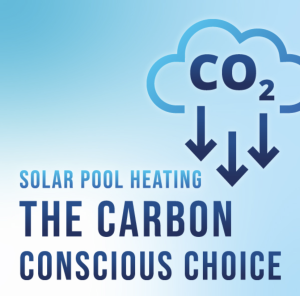
If you want to learn more about the link between decarbonization and solar pool heating, check out the latest episode of UMA Solar Radio: “Solar Pool Heating vs. Electric & Gas Heating — The Carbon Conscious Choice.”
Want More Information?
Let UMA Solar be your trusted advisor in how to get started with solar for your home today!
